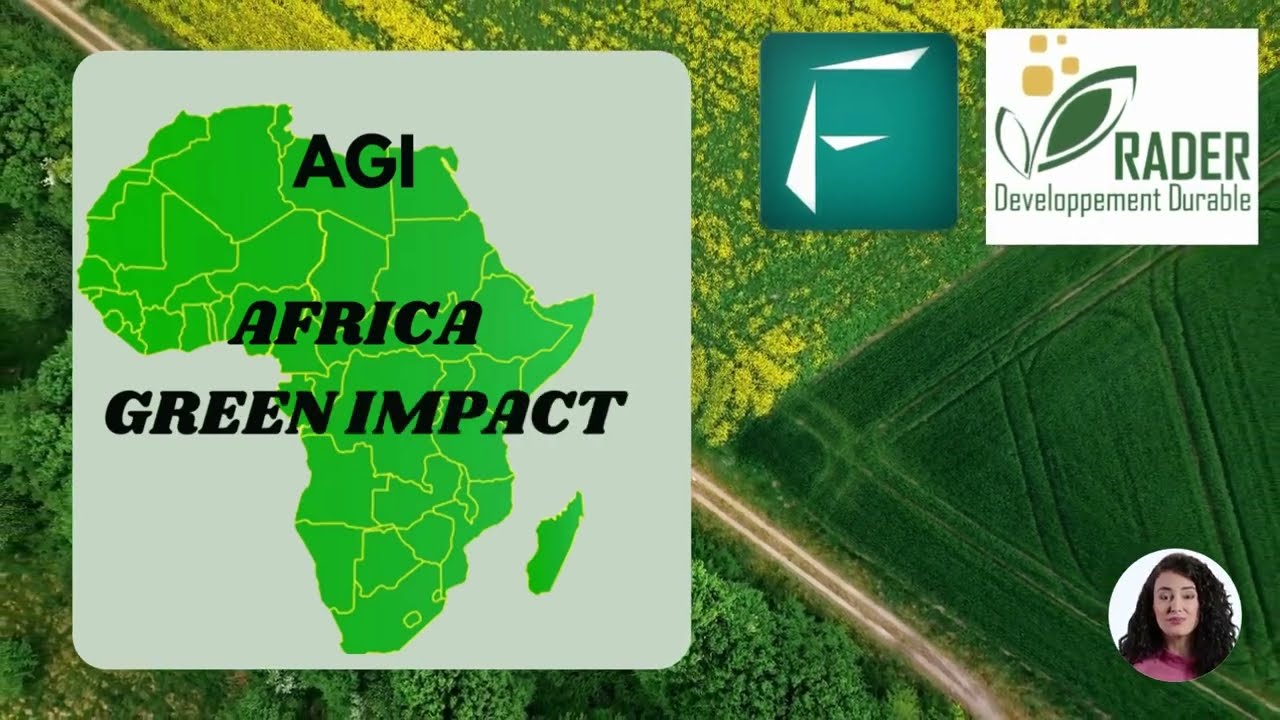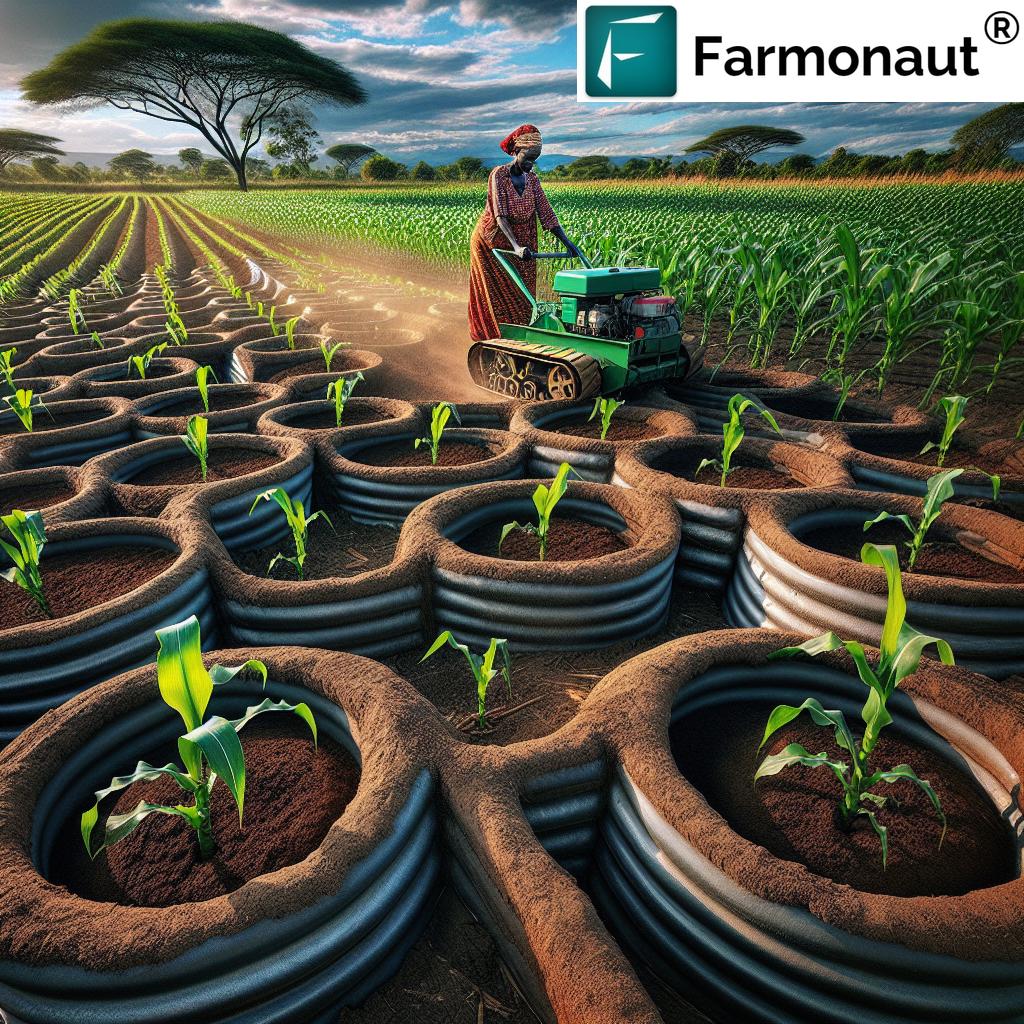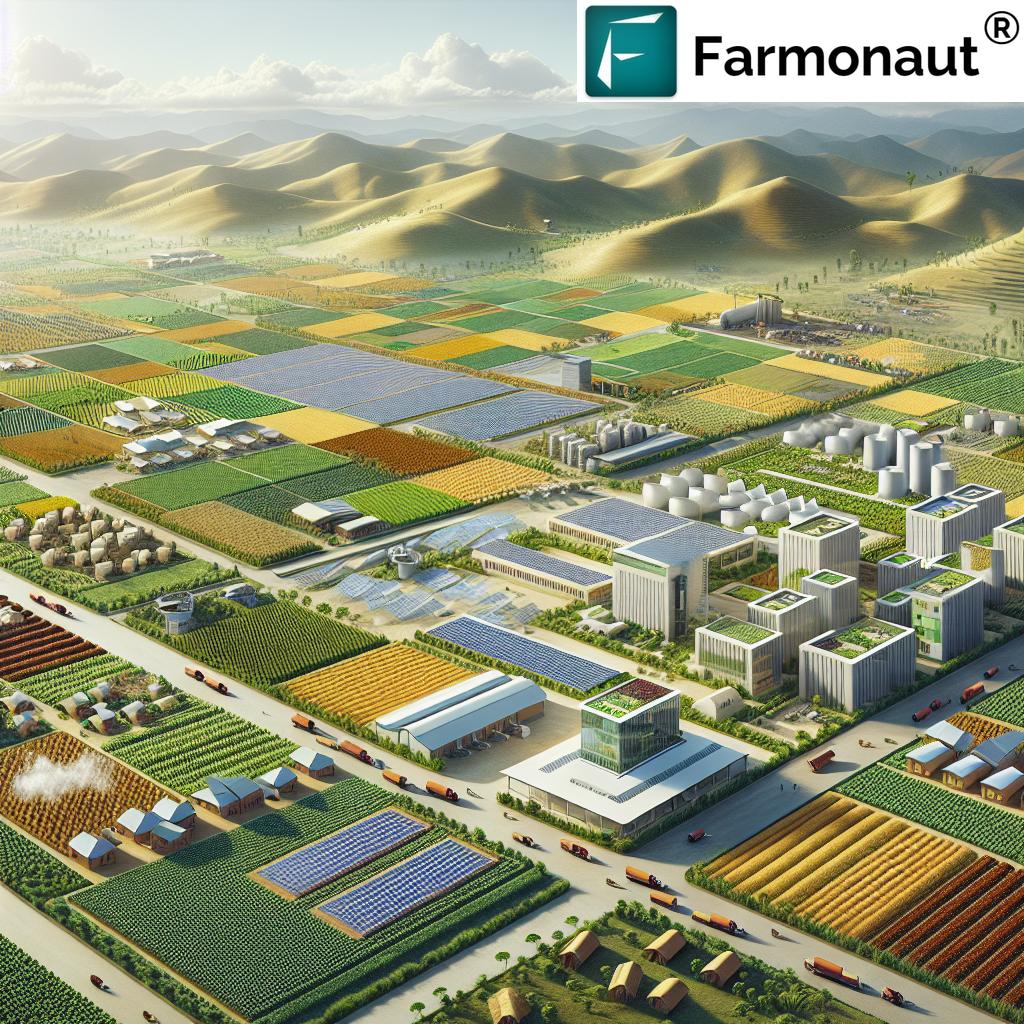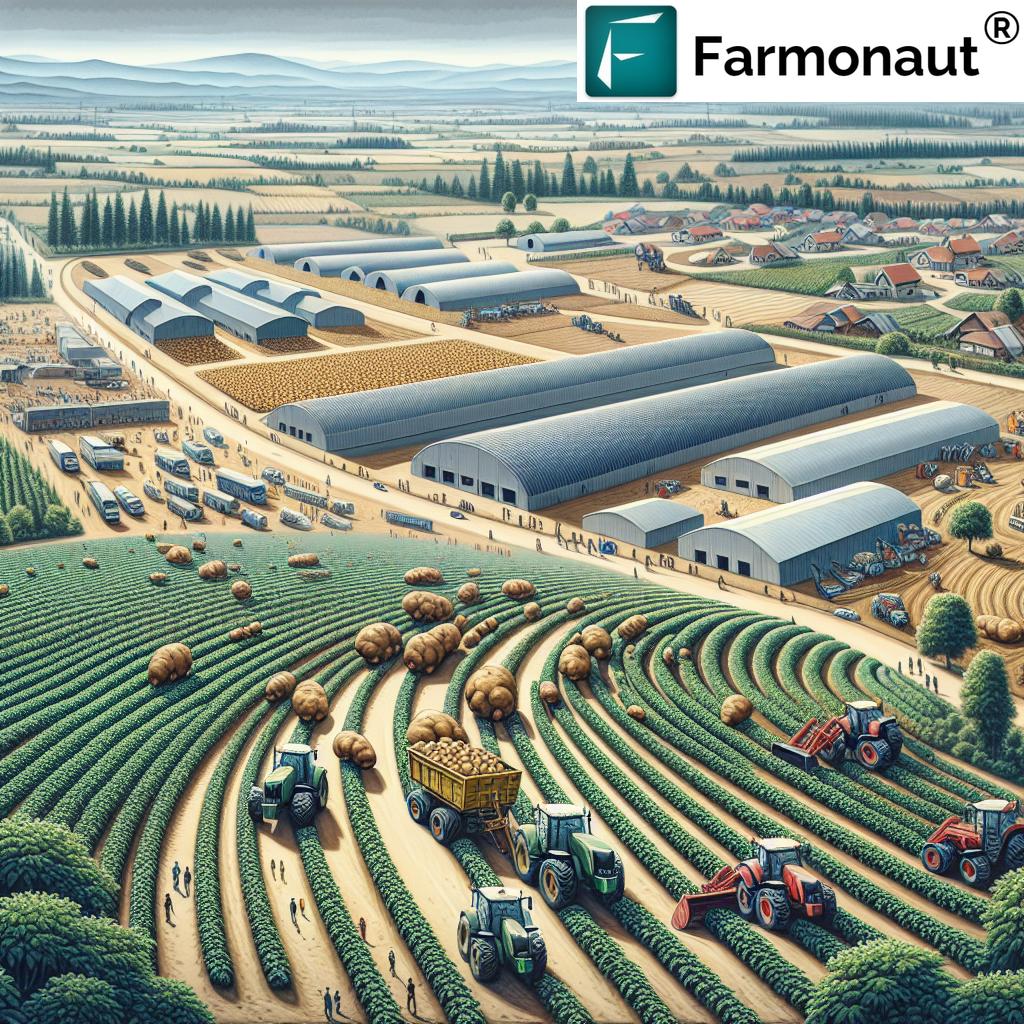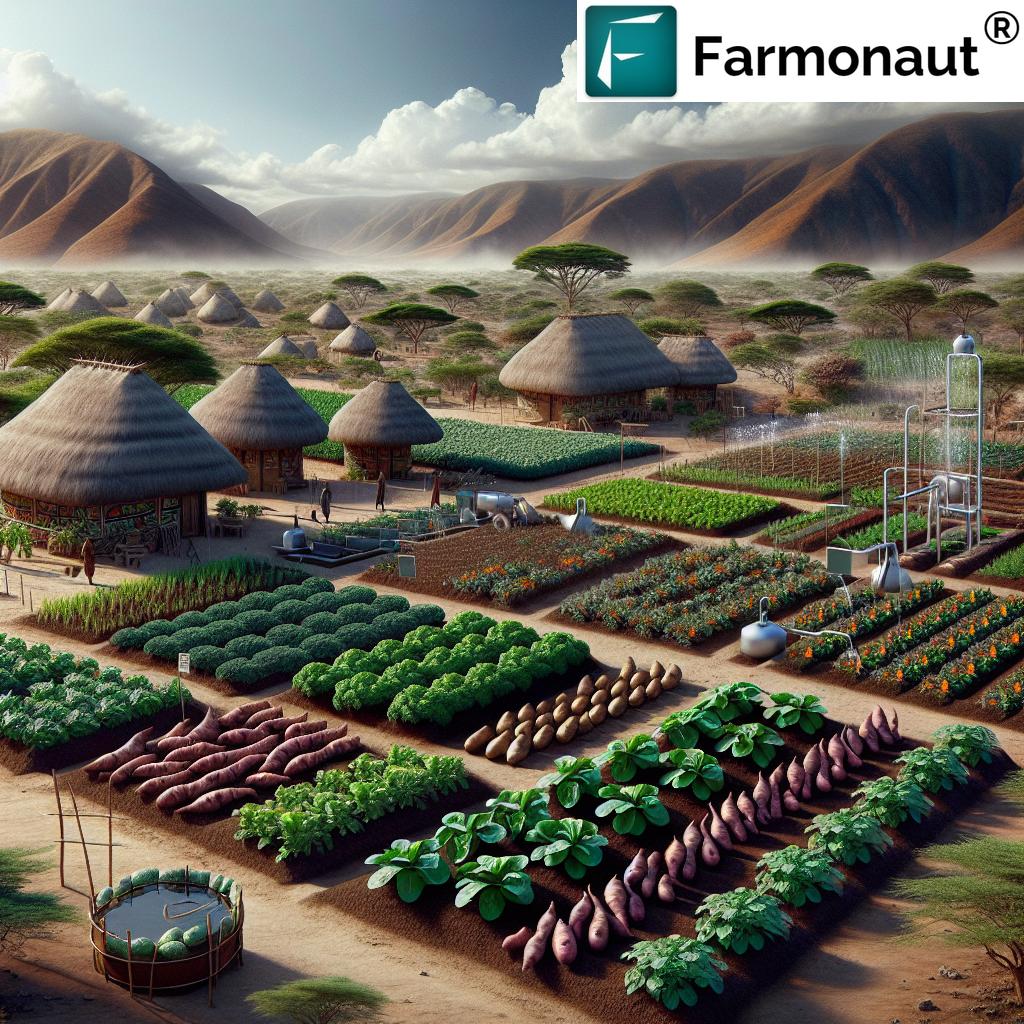Revolutionizing Nigeria’s Agricultural Sector: $180 Million Investment Gap and Brazil’s Technological Partnership
“Nigeria’s agricultural sector faces a $180 million investment gap, highlighting the need for substantial funding and sustainable solutions.”

In the heart of West Africa, Nigeria stands as a agricultural powerhouse with immense potential. However, recent developments have highlighted a pressing need for substantial investment and sustainable solutions in the country’s agricultural sector. As we delve into this critical issue, we’ll explore the challenges, opportunities, and innovative approaches that are shaping the future of Nigerian agriculture.
The $180 Million Investment Gap: A Call to Action
The Nigeria Agricultural Development Fund (NADF) has recently brought to light a significant funding gap in the country’s agricultural sector. Executive Secretary Muhammed Abu Ibrahim revealed during a media conference in Abuja that approximately $180 million in investments is urgently needed to bridge this gap. This staggering figure underscores the critical need for immediate action to secure financing through a combination of grants and public-private partnerships.
Initially, NADF was expected to be funded through a five percent import duty levy on agricultural imports, including rice, sugar, poultry, dairy, and livestock. However, the introduction of import duty waivers on certain agricultural goods by the President has severely impacted their revenue streams from this source. This unexpected change has created a ripple effect throughout the sector, highlighting the need for more diverse and stable funding mechanisms.
NADF’s Role in Agricultural Development Funding
Despite the challenges, NADF continues to play a crucial role in supporting Nigeria’s agricultural sector. The Fund receives a small portion—0.05 percent—from the Natural Resource Development Fund, contributing roughly 1.86 percent of the Federation Account (FAC) allocation. While this contribution is significant, it’s clear that additional resources are needed to meet the sector’s growing demands.
NADF’s mandate extends beyond simple fund allocation. The organization is committed to attracting capital from investors, which can be disbursed to banks for lending at reduced interest rates. This approach aims to make credit facilities more accessible for agricultural stakeholders, fostering growth and innovation across the sector.
Four Frameworks for Sustainable Agricultural Solutions
In response to the pressing challenges facing Nigeria’s agricultural sector, NADF has formulated four specific frameworks:
- Enhanced Credit Accessibility: Offering credit facilities at lower interest rates to support agricultural development effectively.
- Technological Integration: Promoting the adoption of modern farming techniques and technologies to boost productivity.
- Market Linkages: Facilitating connections between farmers and markets to ensure fair prices and reduce post-harvest losses.
- Capacity Building: Investing in training and education programs to empower farmers with the knowledge and skills needed for sustainable farming practices.
These frameworks are designed to address the genuine issues facing the agricultural sector, emphasizing the necessity for sustainable solutions that can drive long-term growth and resilience.
Brazil’s Technological Partnership: A Game-Changer for Nigerian Agriculture
“Brazil’s partnership with Nigeria aims to enhance fertilizer production and hybrid seed technology, potentially transforming the country’s agribusiness landscape.”
In a parallel and exciting development, the Nigerian government, through the Ministry of Agriculture and Food Security (FMAFS), has signed a Memorandum of Understanding (MoU) with Fundação Getulio Vargas (FGV) of Brazil. This groundbreaking agreement was signed at FGV’s headquarters in Rio de Janeiro during the G20 Leaders’ Summit, marking a significant step towards enhanced collaboration between Nigeria and Brazil in the agricultural sector.
This partnership aims to foster private sector growth in key agricultural areas, including:
- Fertilizer production
- Hybrid seed technology
- Agricultural financing
The collaboration is anchored in the Green Imperative Project (GIP), which commenced in 2018. The GIP is a substantial $1.2 billion endeavor aimed at modernizing Nigeria’s agricultural landscape, utilizing Brazilian expertise in tropical agriculture. This project seeks to leverage international knowledge and technology to bolster Nigeria’s agricultural capabilities and improve overall productivity.
The Role of Technology in Revolutionizing Nigerian Agriculture
As we witness these significant developments in Nigeria’s agricultural sector, it’s crucial to recognize the role that cutting-edge technology can play in supporting these initiatives. Farmonaut, a pioneering agricultural technology company, offers advanced, satellite-based farm management solutions that could be instrumental in driving the sector forward.
Explore Farmonaut’s innovative solutions:
Farmonaut’s platform integrates satellite imagery, artificial intelligence, and machine learning to address various agricultural challenges. Some key features include:
- Real-time crop health monitoring
- AI-based advisory systems
- Resource management tools
- Blockchain-based traceability solutions
These technologies align perfectly with Nigeria’s goals for agricultural modernization and could play a crucial role in supporting the country’s partnership with Brazil and bridging the investment gap.
Emerging Investment Opportunities in Nigerian Agriculture
As the sector evolves, sustainable agricultural solutions and investment opportunities are emerging, particularly in the following industries:
- Rice production
- Sugar cultivation
- Poultry farming
- Dairy industry
These sectors present significant potential for growth and are likely to benefit from the influx of technology and expertise through the Brazil partnership. Investors looking to capitalize on Nigeria’s agricultural renaissance should pay close attention to these areas.

The Impact of Tropical Agriculture Expertise
Brazil’s expertise in tropical agriculture is a key component of this partnership. With similar climatic conditions to Nigeria, Brazil has developed advanced techniques and technologies specifically tailored to tropical environments. This knowledge transfer could be transformative for Nigerian farmers, enabling them to:
- Improve crop yields
- Enhance soil management practices
- Implement more effective pest control strategies
- Adopt water-efficient irrigation techniques
By leveraging this expertise, Nigeria can accelerate its agricultural development and potentially leapfrog some of the challenges that have historically hindered the sector’s growth.
Bridging the Technology Gap with Farmonaut
As Nigeria embraces these new partnerships and investments, the role of agricultural technology becomes increasingly crucial. Farmonaut’s suite of tools can provide valuable support to Nigerian farmers and agribusinesses as they navigate this period of transformation. Some key benefits include:
- Data-Driven Decision Making: Farmonaut’s satellite-based crop health monitoring allows farmers to make informed decisions about irrigation, fertilizer usage, and pest management.
- Improved Resource Management: The platform’s AI-powered insights help optimize resource allocation, reducing waste and increasing efficiency.
- Enhanced Traceability: Blockchain-based solutions can improve supply chain transparency, a critical factor in accessing international markets.
- Precision Agriculture at Scale: Farmonaut’s technology makes precision farming techniques accessible to farmers of all sizes, democratizing access to advanced agricultural practices.
Explore Farmonaut’s API for custom integration: Farmonaut API
Access detailed documentation: API Developer Docs
Nigeria’s Agricultural Investment Landscape
| Agricultural Sub-sectors | Current Investment (est. millions USD) | Investment Gap (est. millions USD) | Potential Impact of Brazil Partnership | Farmonaut’s Technological Solutions |
|---|---|---|---|---|
| Rice | 250 | 50 | High | Crop health monitoring, Resource management |
| Sugar | 150 | 40 | Medium | Precision agriculture, Yield forecasting |
| Poultry | 180 | 30 | Medium | Supply chain management, Traceability |
| Dairy | 120 | 60 | High | Pasture management, Livestock monitoring |
The Road Ahead: Challenges and Opportunities
While the partnership with Brazil and the potential for increased investment present exciting opportunities, several challenges remain:
- Infrastructure Development: Improving rural infrastructure, including roads and storage facilities, is crucial for maximizing the benefits of agricultural modernization.
- Capacity Building: Training farmers and agricultural workers to use new technologies and techniques effectively will be essential for long-term success.
- Policy Alignment: Ensuring that government policies support and incentivize agricultural development and foreign investment will be key to sustaining growth.
- Climate Resilience: Developing strategies to mitigate the impacts of climate change on agriculture will be critical for long-term sustainability.
Addressing these challenges will require a concerted effort from all stakeholders, including the government, private sector, and international partners. However, the potential rewards are substantial, with the opportunity to transform Nigeria into a regional and global agricultural powerhouse.
The Role of Precision Agriculture in Nigeria’s Future
As Nigeria embarks on this transformative journey, precision agriculture will play an increasingly important role. Farmonaut’s technologies, such as satellite-based crop monitoring and AI-driven insights, can help Nigerian farmers:
- Optimize resource use
- Increase crop yields
- Reduce environmental impact
- Adapt to changing climate conditions
By embracing these technologies, Nigeria can leapfrog traditional agricultural development stages and position itself at the forefront of modern, sustainable farming practices.
Conclusion: A Bright Future for Nigerian Agriculture
The $180 million investment gap in Nigeria’s agricultural sector presents both a challenge and an opportunity. With the new partnership with Brazil and the potential for increased technological integration through companies like Farmonaut, Nigeria is poised for an agricultural revolution. By addressing the funding gap, leveraging international expertise, and embracing cutting-edge agricultural technologies, Nigeria can transform its agricultural landscape, boost productivity, and ensure food security for generations to come.
As we look to the future, it’s clear that the path forward involves a delicate balance of traditional knowledge, international partnerships, and technological innovation. With the right investments and strategies in place, Nigeria’s agricultural sector is set to become a model for sustainable development and economic growth across Africa and beyond.
Farmonaut Subscriptions
Frequently Asked Questions
Q: What is the current investment gap in Nigeria’s agricultural sector?
A: The Nigeria Agricultural Development Fund (NADF) has identified an investment gap of approximately $180 million in the country’s agricultural sector.
Q: How is the Nigerian government addressing this investment gap?
A: The government is seeking to bridge the gap through a combination of grants, public-private partnerships, and international collaborations, such as the recent partnership with Brazil.
Q: What are the key areas of focus in the Nigeria-Brazil agricultural partnership?
A: The partnership focuses on enhancing fertilizer production, developing hybrid seed technology, and implementing agricultural modernization projects.
Q: How can technology contribute to Nigeria’s agricultural development?
A: Advanced technologies, such as Farmonaut’s satellite-based farm management solutions, can provide real-time crop health monitoring, AI-based advisory systems, and resource management tools to improve agricultural productivity and sustainability.
Q: What are the main challenges facing Nigeria’s agricultural sector?
A: Key challenges include infrastructure development, capacity building for farmers, policy alignment, and developing climate-resilient agricultural practices.
Q: How can investors participate in Nigeria’s agricultural growth?
A: Investors can explore opportunities in key sub-sectors such as rice production, sugar cultivation, poultry farming, and the dairy industry, which are poised for significant growth and modernization.
As we continue to monitor the exciting developments in Nigeria’s agricultural sector, it’s clear that the combination of strategic investments, international partnerships, and technological innovation will play a crucial role in shaping the future of farming in the country. With companies like Farmonaut providing cutting-edge solutions, Nigeria is well-positioned to overcome its current challenges and emerge as a leader in sustainable and productive agriculture.







